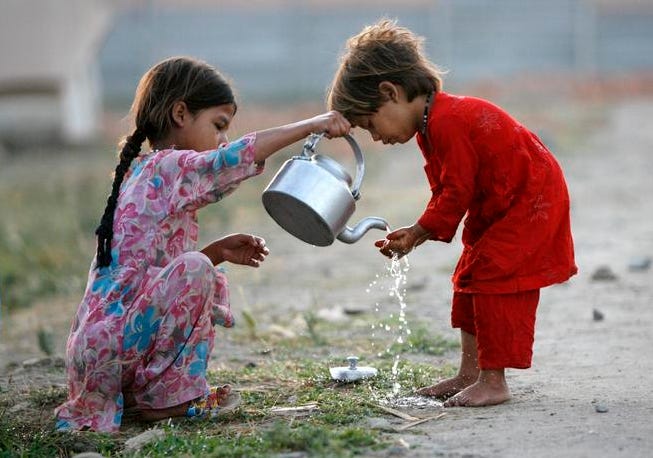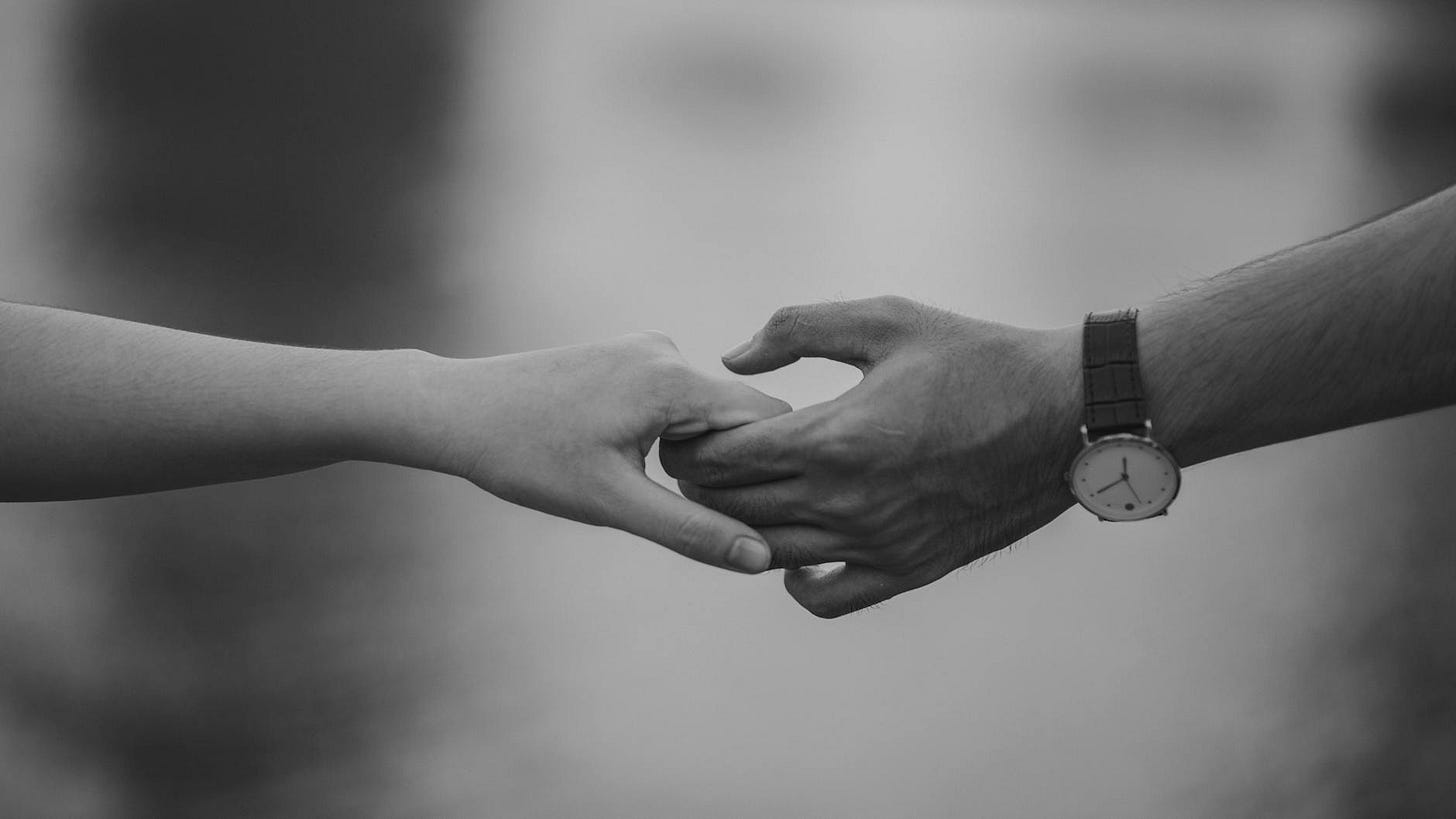Empires fall for all sorts of reasons. Economic collapse. Revolt. Environmental ruin. Hubris. However, what is often overlooked is what happens when people stop caring. Not just about the system, but about each other.
Neoliberalism, with its self-help slogans and productivity apps, has sold us a lie so thoroughly that even our grief now comes with a subscription model. We are instructed to self-regulate, self-optimize, and self-isolate, as if the prefix ‘self’ is the only one that matters. Vulnerability is rebranded as ‘oversharing,’ mutual aid gets mistaken for ‘unsustainable,’ and compassion is reduced to a like, a share, or an HR poster in Comic Sans.
But under the radar, under capitalism’s din of grindset gospel and hustle porn, something else is happening. A quiet uprising. Less flashy than protest marches, less digestible than budget cuts or elections, but no less revolutionary.
It looks like someone setting up a shared dinner roster for their street during flu season. It looks like young men learning how to cry without shame. It looks like a grandmother with a worn-out spine who still makes soup for the whole block. It looks like a friend who remembers the name of your dead dog and says it out loud, ten years later. It looks like someone offering you their full attention when nothing’s on fire except your insides.
It’s not chaos. It’s not policy. It’s care.
When Empathy Becomes Dangerous
Let’s be clear: Empathy has never been apolitical. It's not a vague good feeling. It is threat-level red to any system that relies on you believing you're alone.
Empathy says, ‘I see you,’ while the state says, ‘Prove you’re deserving.’ Empathy asks what someone needs rather than what they produce. It interrupts the algorithm that tells you to scroll past the suffering, to let the ambulance go unfunded, to see poverty as poor decision-making. Empathy tells you to stop the meeting and check on the colleague who hasn’t spoken for 20 minutes. Empathy doesn’t ask for credentials.
In the corporate world, emotional intelligence is now a buzzword. Executives are coached in ‘compassionate leadership’ right before they slash health benefits. But authentic empathy, especially the messy, inconvenient kind, isn't scalable. It doesn’t look good in a KPI report. It messes with efficiency. It lingers.
This is why empathy, when practiced deeply and often, becomes a form of resistance.
Emotional Fluency as Insurrection
The truth is, most people are emotionally illiterate. Not because they’re broken, but because it was beaten out of them. Some by parents who didn’t know better. Some by schools that prized obedience over self-expression. And many more by workplaces that see feelings as a liability rather than a literacy.
Emotional fluency,the ability to name, navigate, and respond to emotion in ourselves and others, is treated like a soft skill, but there’s nothing soft about it. Try holding space for a friend in the depths of their grief without flinching. Try witnessing your own rage without turning it into shame. Try saying “I’m scared” out loud in a room that only makes space for “I’m fine.” That takes courage.
And the people who know how to do this, really do this, are the ones holding up the scaffolding of a society that pretends not to need them. They are the first responders of the spirit. Not licensed or salaried, but lifesaving just the same.
Nourishment as Rebellion
When food prices soar and health care becomes a luxury, there is nothing quaint about a neighbour who leaves feijoas on your doorstep or a community fridge on the corner.
Nourishment, literal and emotional, is not a side act to revolution. It is the revolution.
Caring for one another without seeking profit. Offering presence without extracting attention. Making healing practices accessible without gatekeeping them through branding, certifications, or personality cults. These are all radical acts. Not because they’re flashy, but because they are consistent. Persistent. Relational.
Empires can’t profit off self-sufficiency or reciprocity. There’s no market for love that doesn’t demand something in return. And so care becomes something deviant. Something that must be contained, minimized, or spun into marketing speak. But the truth is: When we turn toward each other with open hands and unguarded hearts, we threaten the very logic of the machine.
The Soft Skills That Save Lives
Let’s talk about the so-called ‘soft skills.’ Listening. Holding space. Knowing when to shut up and when to speak. Offering comfort without fixing. Creating safety without control. These are the things that keep people from walking into the ocean. These are the things that make life worth surviving.
They are not taught in medical schools. They are not rewarded in boardrooms. And they rarely make headlines unless they’re being monetized.
But they are everywhere. In the aunties. In teachers. In people who will never get awards or raises for the work they do, holding other people together.
Empathy is not weakness. It is maintenance. It is how we keep the power lines of humanity running while the state bickers over budgets and billionaires try to move to Mars.
A Quiet Revolution of Interdependence
We are not designed for isolation. We are not designed to power through, to burn out quietly and self-soothe with the empty buzz of consumption. We are designed to co-regulate, to repair, to remember. Our nervous systems are ancient technologies, honed over millennia to survive not through dominance, but through connection.
So what does resistance look like now?
It looks like checking on the new solo mum in your building. It looks like texting your flatmate when you’re going to be late. It looks like crying in front of your kids, so they know they’re allowed to feel. It looks like sharing a skill, a recipe, or a walk. It looks like answering honestly when someone asks, “How are you?”
It’s not glamorous. But it’s contagious.
We live in a world that is afraid of feeling. So if you can feel, and still choose to show up with care, you’re not just surviving. You’re thriving.
And when enough of us start doing it together, it won’t be quiet anymore.




